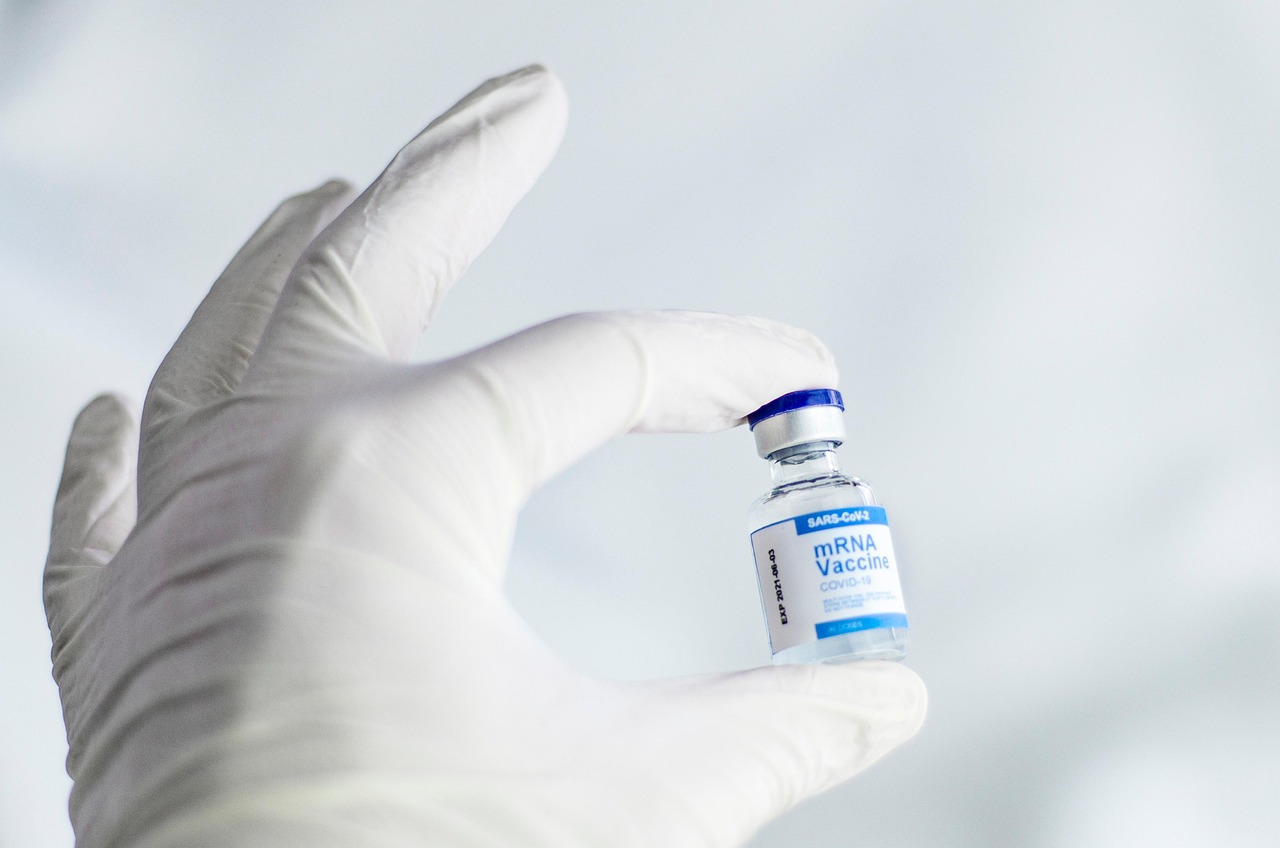Expert Reaction
These comments have been collated by the Science Media Centre to provide a variety of expert perspectives on this issue. Feel free to use these quotes in your stories. Views expressed are the personal opinions of the experts named. They do not represent the views of the SMC or any other organisation unless specifically stated.
Associate Professor Seth Cheetham is Deputy Director of the BASE mRNA Facility at The University of Queensland
"COVID-19 mRNA vaccines have an unexpected effect; helping cancer treatments work better. Many cancers are treated with drugs called immune checkpoint inhibitors which stop cancer cells from hiding from the immune system. In a new study published in the leading scientific journal Nature, researchers from the MD Anderson Cancer Centre and University of Florida examined the impact of COVID mRNA vaccines on patient immunotherapy responses. Large hospital cohorts including lung and skin cancer patients showed those who received a COVID-19 mRNA shot within 100 days of starting immunotherapy lived almost twice as long as patients who did not. This effect was not seen with other non-mRNA vaccines like flu or pneumonia shots.
Why might this happen? mRNA vaccines quickly “wake up” the immune system. Within a day, blood from human volunteers given a COVID mRNA vaccine displayed a sharp rise in interferon, a natural antiviral alarm, and immune cells switched into a more alert state. In animal models, this surge helped prime cancer-fighting T cells which infiltrated tumours. Immune checkpoint inhibitors then stop cancer cells hiding from these T cells, which creates a one-two punch.
Researchers have been developing personalised mRNA cancer vaccines which use molecules from tumours to better teach the immune system to recognise and destroy cancer cells. However, while this personalised approach appears highly effective in early clinical studies, it is currently expensive and logistically challenging. This new study points to a practical, inexpensive way to increase treatment effectiveness with an existing mRNA vaccine. While very promising, the human data is retrospective which demonstrates association, not proof. Despite lining up with laboratory models and experiments from patient blood, a gold-standard randomised controlled trial is required to definitively prove that mRNA COVID vaccines are effective in cancer treatment. If these confirmatory trials are successful, doctors may soon have an unexpected powerful new option for treating cancer."



 International
International


